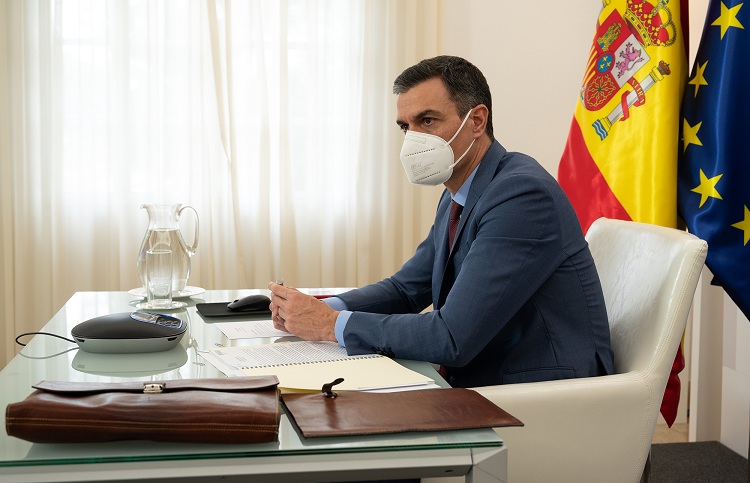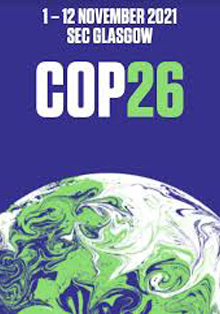Eduardo González
The heads of state and government of the European Union warned yesterday of the need to maintain restrictions on mobility for non-essential travel and committed themselves, as Spain intended, to “increase the capacity of current vaccine production” in Europe and to seek “a common approach” to vaccination certificates.
“The epidemiological situation remains serious, and the new variants pose additional challenges” and, therefore, “we must therefore uphold tight restrictions while stepping up efforts to accelerate the provision of vaccines”, says the declaration approved at the end of the first day of the European Council, which will conclude today and in which the President of the Government, Pedro Sánchez, is participating (by videoconference, like the rest of the European leaders). “For the time being, non-essential travel needs to be restricted” in accordance with “the principles of proportionality and non-discrimination and taking into account the specific situation of cross-border communities “, it continues.
According to the Council, “vaccination has now begun in all our Member States and our vaccine strategy has ensured that all Member States have access to vaccines”. Even so, European leaders recognise that there is a need to “urgently accelerate the authorisation, production and distribution of vaccines, as well as vaccination” and to improve “surveillance and detection capacity in order to identify variants as early as possible so as to control their spread “.
“We support the additional efforts by the Commission to work with industry and Member States to increase the capacity of current vaccine production as well as to adjust vaccines to the new variants as necessary”, the statement continues, in line with the joint letter signed earlier this week by Pedro Sánchez and the leaders of Belgium, Denmark, Lithuania and Poland urging the strengthening of vaccine production capacity within the EU itself to avoid “significant delays” in vaccine deliveries. The letter was praised by European Commission President Ursula von der Leyen.
Yesterday, the Minister of Industry, Reyes Maroto; the Minister of Health, Carolina Darias; and the Minister of Science and Innovation, Pedro Duque, sent a joint letter to the Commissioner for the Internal Market, Thierry Breton; the Commissioner for Health and Food Safety, Stella Kyriakides; and the Commissioner for Innovation, Research, Culture, Education and Youth, Mariya Gabriel, to express Spain’s interest in participating in European initiatives to guarantee the supply and production of vaccines against COVID-19.
Vaccination certificate
European leaders also called for “work to continue on a common approach to vaccination certificates ” and committed to “come back to this issue”. This issue was the Spanish government’s other main priority at this Council meeting. The vaccination certificate was proposed by Greece and has the support, above all, of the southern European countries most dependent on tourism, such as Spain, Italy, Malta, Cyprus and Portugal. On the other hand, it faces reticence from France, Germany, Belgium, the Netherlands and Luxembourg, who fear that it could discriminate against people who have not yet been able to get vaccinated in the summer, while there are movements in favour of the certificate in the Nordic countries, especially in Denmark and Sweden.
The Council also reaffirmed its “solidarity with third countries” and its commitment “to improving access to vaccines for priority groups in our neighbourhood and beyond”. In this respect, Sánchez stressed during his speech “the importance of universal vaccination”, with special mention of the “need to help Latin America”, and urged the EU to “develop a mechanism for sharing surpluses”.
Finally, European leaders call for “improved EU coordination” to ensure “better prevention, preparedness and response to future health emergencies”. “Work is needed to ensure that the EU will have the means to secure enough vaccines and critical supplies for all its Member States”, it concluded.







